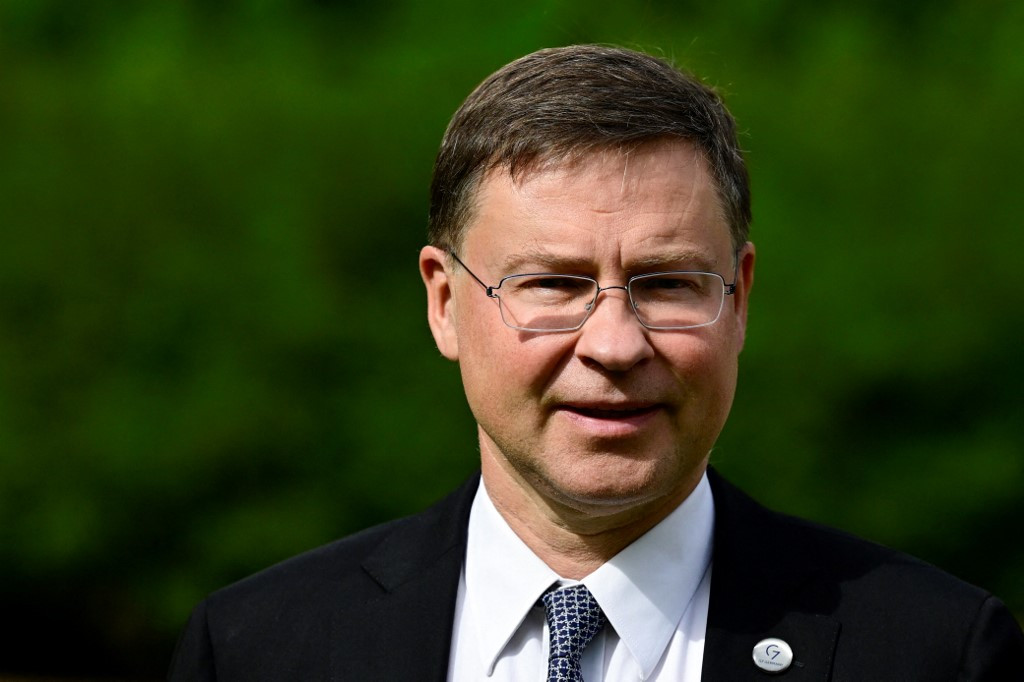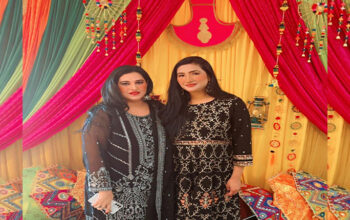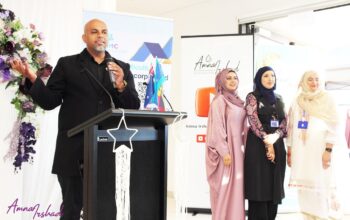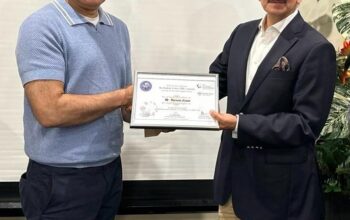From lamb to prosecco, Australia’s EU free trade negotiations approaching pointy end
Europe’s trade chief has been invited Down Under as the pointy end of four years of high-stakes free trade agreement talks fast approaches.
Federal Trade Minister Don Farrell, on the back of a multi-country diplomacy trip earlier this month, wants to secure a “fair deal” with the European Union “early next year”.
He told 9News.com.au opening up more access for Australia’s beef and lamb producers to meat eaters in the 27-nation bloc would be at the top of the priority list when talks resume in February.

“That’s a hard one. It’s a particularly hard one for France; they’ve got a highly protected agricultural industry,” Farrell admitted.
“But look, they have made concessions to other countries. They’ve made concessions to New Zealand, for instance, in terms of sheep meat.
They’ve made concessions to Canada in respect of beef.
“The thing that we have, in particular, that the Europeans want is critical minerals.”
Rather than buckling on naming rule changes the EU wants, which could impact Australian producers of feta and parmesan cheese and prosecco, Farrell sees those minerals, essential to much modern technology, as the way forward.

“I think there’s a deal to be done with the Europeans to get access for our agricultural markets, in exchange for us providing access to our critical minerals,” he said.
“At the moment, the Europeans are almost totally reliant on the Chinese market for that. We offer an alternative option for them and we think that that puts us into a very good negotiating position.”
Farrell said as a “great migrant nation”, Australia’s European descendants didn’t want to lose their “very strong emotional connection” to the products they’d brought with them from their homelands.
EU Trade Commissioner Valdis Dombrovskis may get the chance to see just how strong that connection is next year.

Farrell said he’d recently invited the executive vice-president to visit Australia after February’s talks to sort out any issues “face to face”.
“I’ll have to give some consideration to what foods he gets,” the minister said when asked if prosecco, feta, parmesan, beef and lamb would be on the menu.
“But my guess is he understands what wonderful produce in terms of food and wine Australia produces and he’ll be keen to have that experience quite independent of anything I might offer.”
Farrell said a deal was the “perfect solution” for Europe as both sides looked to diversify away from China and didn’t bite when asked if Australia would withhold critical minerals if its negotiators couldn’t get a good enough agreement.
“I’m not issuing threats to the Europeans,” he said.
“We think that in a mature and sensible way, that we can sort out our differences.”

The AUKUS submarine deal and the diplomatic crisis it provoked have been regularly cited as the reason for a halt to talks last year, not aided by years of perceived foot-dragging on climate change by the previous government.
But trade expert Dmitry Grozoubinski said Australia’s efforts to sell as much tariff-free beef and lamb into an EU with a “protectionist” approach on agriculture was the key sticking point.
“I think the nuclear submarine tiff made it both politically easier for the French to stand their ground on some of those protectionist questions, and simultaneously made it more difficult for Macron, to put his neck out there and expend the political capital by making concessions if he were so inclined,” he told 9News.com.au earlier this year.
“So I don’t think that was helpful in that regard but the underlying concerns or the underlying disagreement was still fundamentally there.
“Australia is a very large and very efficient agricultural producer and exporter. The European Union is probably the only market, the only major market left in the world with which Australia does not have a free trade agreement, apart from India.”

Grozoubinski worked for Australia’s Department of Foreign Affairs and Trade as a trade negotiator for several years until 2017 and now runs trade consultancy ExplainTrade in Geneva.
If the minister wants Australian farmers to be able to radically increase the amount of beef and lamb they ship to Europe, he hopes DFAT negotiators have “some sort of massive trump card” they can play.
“Historically because it is a liberalised and open economy, that’s also quite far away, and doesn’t have that many consumers, even though they are sort of quite wealthy consumers, Australia has somewhat struggled to come up with hugely attractive morsels on its side of the ledger,” he said.
“And so in order to get this across the line, it would likely mean Australia moderating its ambition in terms of being willing to accept less access than it would like or it feels comfortable with, or a sort of change of politics within the EU.”
As it stands, New Zealand, with its free trade deal and some historical advantages, can sell many times more beef, and particularly lamb, into the EU than Australia.
Farrell wouldn’t be drawn on whether anything less than Aukland’s access could be considered a success but declared he wanted a “fair deal”.
“Look, there are swings and roundabouts in that whole process,” he said.
“We want meaningful access to the European markets in terms of our agricultural products.
“We do think that we’ve got more to offer in that process than the New Zealanders.
“And I guess what we’d say is we want a fair go from the European Union in terms of our final agreement.”

One thing seems likely. Australia can’t expect the raging success of its UK trade deal, which gives Aussie lamb, beef and dairy producers unlimited access within five to 10 years.
Grozoubinski said EU leaders simply didn’t have as much to gain as then-trade minister Liz Truss did as part of a post-Brexit government desperate to announce trade wins.
“Two things: One, the EU is not committed to the same kind of libertarian approach to trade policy as the UK was under … Liz Truss,” he said.
“And second, Australia simply doesn’t have the kind of leverage that the Brexit political moment gifted negotiators who I’m sure did a phenomenal job. By the way, I don’t want to take anything away from them.
“But it always really, really helps if the minister on the other side is desperate to announce a deal and desperate not to announce the deal isn’t happening.”
A European Commission spokesperson told 9News.com.au the bloc was keen to conclude negotiations for the European spring.
They said negotiators would “redouble their efforts to advance quickly and address all the outstanding issues” ahead of more “good progress” in February in Canberra.








